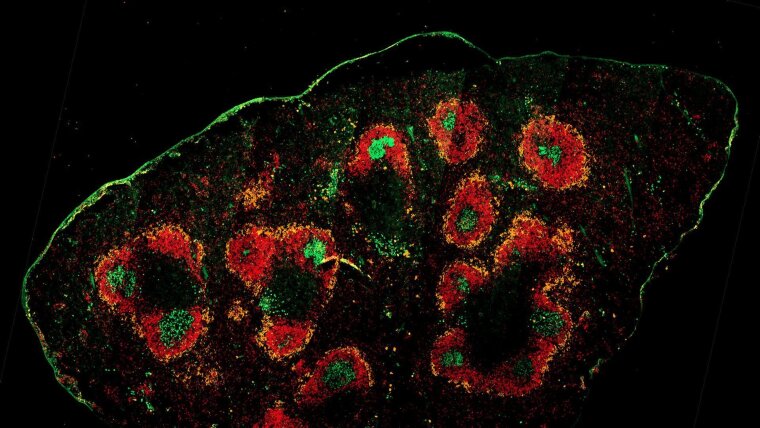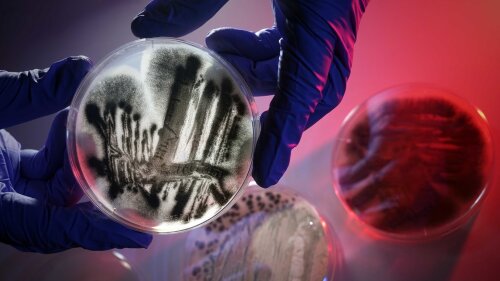
Basic principles for the improvement of diagnostics and therapy are being created by infection biology research, whereas the focus lies on fungal infections and sepsis control.
Over the last 20 years, the number of fungal infections in humans has increased significantly. So-called 'systemic infections' are particularly dangerous, as they can be spread via the bloodstream throughout the entire body. In addition to the identification and characterization of new active agents, infection biology aims, among others, to explore the molecular mechanisms in the regulation of fungal compound biosynthesis.
Witin the area of diagnostics, researchers of biological and medical research fields work closely together with physicists and engineers in order to develop innovative solutions for both the clinical routine and scientific investigations of infections.





